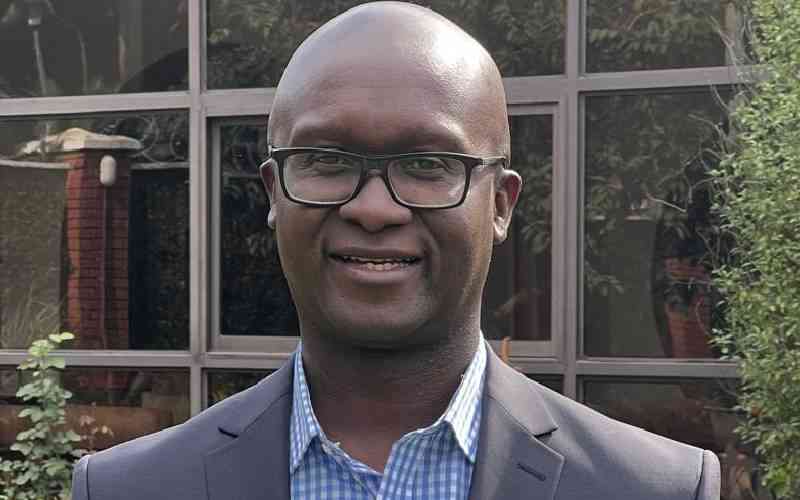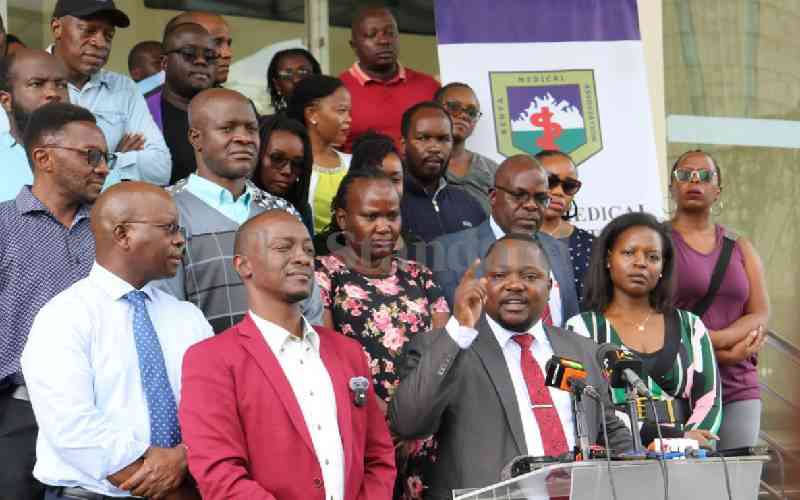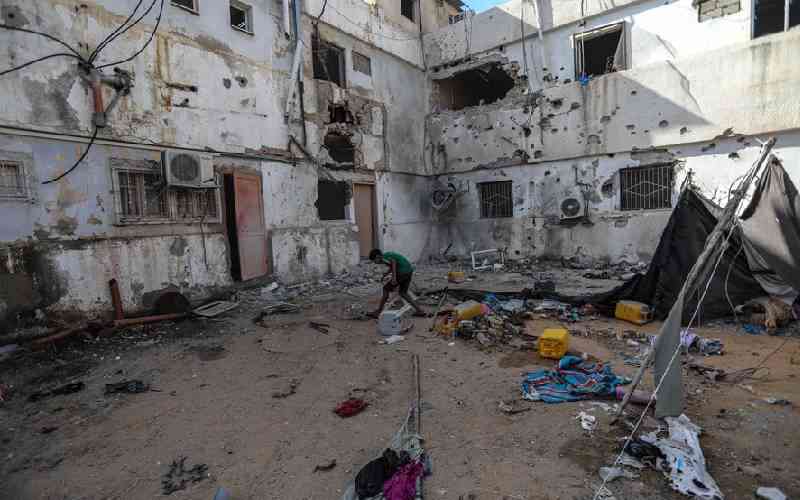Health facilities in Busia County have been rated among the poorest in the country. A report tabled in the County Assembly by the Health and Sanitation Committee recommended that the sector get the lion’s share of county budgetary allocation.
The report read by the Chair of the Health committee, Ishmael Orodi of Malaba Central ward, said more than 800,000 residents of the county continue to get poor health services.
Corruption, lack of infrastructure, under-staffing, lack of medical supplies and poor management were cited as contributors to poor service delivery.
The document, which gave account of each health institution in all the 35 wards, said hundreds of patients who seek treatment at these facilities receive little or no assistance.
Members of the County Assembly, while debating the report, said urgent measures must be put in place to address the problem.
“It is shocking to learn that most of the hospitals have no drugs yet the county government recently supplied drugs worth over Sh30 million, which were to last at least four months,” said Stephen Omenda of Bunyala south ward.
They also called for investigation and prosecution of those involved in selling drugs meant for public hospitals.
Staff shortage
“Strict measures must be undertaken to ensure that sanity is restored in public health facilities. We demand an immediate investigation on culprits who have run down the facilities,” said Omenda.
The report also indicated the lack of infrastructure, which forces male inpatients to share wards with their female counterpart, especially at Lupida health centre in Bukhayo north ward, while at Malanga dispensary in Bukhayo central ward, patients are forced to answer calls of nature in the nearby bushes.
Service affected
“Despite taking over 26 per cent of the county’s budget, the sector has a lot of challenges, which have affected service delivery,” said Orodi, adding that out of the Sh1.2 billion allocated to the sector, over 80 per cent goes to salaries of the staff.
Orodi observed that most facilities had no drugs, and the only services offered to patients by the practitioners was prescription of drugs for ailments.
“Patients are forced to buy drugs from chemists that are allegedly owned by the same medics. The chemists are fully stocked with drugs meant for public hospitals,’’ he said.
The house approved all the recommendations of the committee, among them hiring of staff.
Stay informed. Subscribe to our newsletter
 The Standard Group Plc is a
multi-media organization with investments in media platforms spanning newspaper
print operations, television, radio broadcasting, digital and online services. The
Standard Group is recognized as a leading multi-media house in Kenya with a key
influence in matters of national and international interest.
The Standard Group Plc is a
multi-media organization with investments in media platforms spanning newspaper
print operations, television, radio broadcasting, digital and online services. The
Standard Group is recognized as a leading multi-media house in Kenya with a key
influence in matters of national and international interest.
 The Standard Group Plc is a
multi-media organization with investments in media platforms spanning newspaper
print operations, television, radio broadcasting, digital and online services. The
Standard Group is recognized as a leading multi-media house in Kenya with a key
influence in matters of national and international interest.
The Standard Group Plc is a
multi-media organization with investments in media platforms spanning newspaper
print operations, television, radio broadcasting, digital and online services. The
Standard Group is recognized as a leading multi-media house in Kenya with a key
influence in matters of national and international interest.








